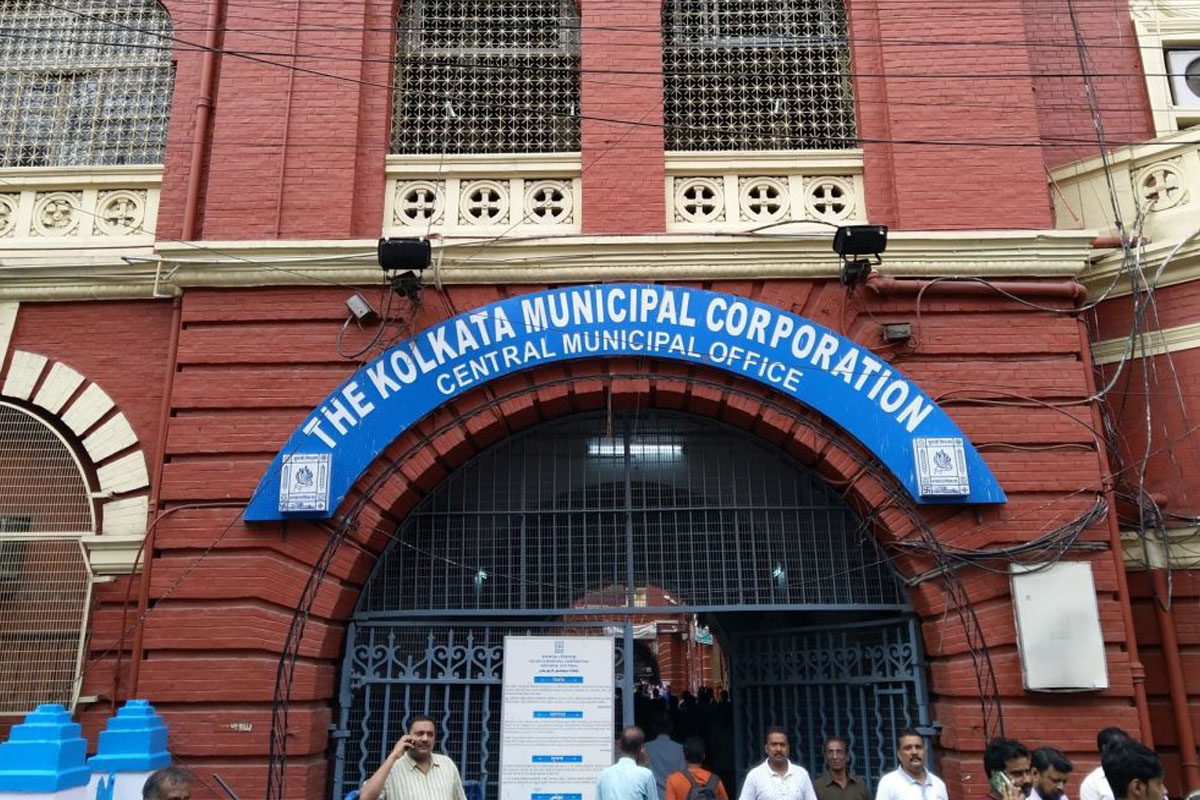Relief for locals as wandering tiger captured in Maipith
A tiger that strayed into Maipith’s jungles in the Sundarbans, was finally captured early this morning, thanks to the relentless efforts of forest officials.
Irrigation and waterways department, agriculture department and forest departments are using GIS to improve its performance.

Kolkata Municipal Corporation (file photo)
The state government is taking help of geographic information system (GIS) for better functioning of the departments.
Irrigation and waterways department, agriculture department and forest departments are using GIS to improve its performance.
Advertisement
The GIS gives prior information about climate change or in case of storms or any natural calamity. Because of prior information, people in south and north 24-Parganas and east Midnapore could be taken to safer places during Amphan in May 2020 and there was no loss of lives of livestock.
Advertisement
There is also use of drones for security purposes but various departments are using them. The Kolkata Municipal Corporation had used drones to identify the mosquito breeding ground of closed houses and destroyed them.
The GIS is also used to spot the water bodies in different areas and those that are not maintained properly or where houses have come up on reclaimed land. The district magistrates are also taking the support of NATMO to do spatial mapping of the land that is available in the districts that can be used for industries.
Esri India, country’s leading geographic information system software and solutions provider is working with the West Bengal government. The GIS will be used in Deocha Pachami in Birbhum, where the second largest coal belt in the world has been spotted and work has started. Chief Minister Mamata Banerjee has said over and again that this would solve the power crisis in West Bengal and provide jobs to local people.
Agnendra Kumar, managing director Esri India, said, “Location intelligence is fundamental across the mining life cycle, from mineral exploration to mine remediation. With minerals getting depleted faster than we can replenish, understanding spatial context and integration with other geo science technologies is critical for the sustainable development of new reserves”
Advertisement